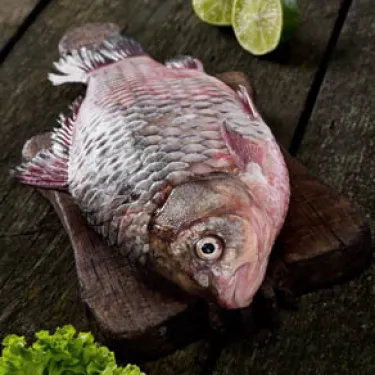Couscous alla Trapanese
Flavor and sweetness come together in this dish, which represents one of the fundamental pillars of fish-based Sicilian cuisine. Rich and flavorful, couscous alla Trapanese will win you over from the first bite.

ORIGINS
Sicilian cuisine is very diverse, as it has been influenced by the many cultures that visited its wonderful land in ancient times. Couscous is a very important example. Couscous is typically a traditional Moroccan dish, but while in the African coast it is prepared with meat and vegetables, in Sicily - and more precisely in Trapani - it is seasoned with fresh fish caught in the Mediterranean Sea.
The origins of couscous alla Trapanese are therefore very ancient, but this dish continues to amaze and delight the palates of the Sicilians even today.








RECIPE
Small balls of semolina durum wheat are shelled and cooked together with fresh fish. All of the colors and scents of the sea blend together in this dish, which offers an inimitable taste and fragrance.
PREPARATION
Wash and gut the fish, and remove its central bone and head.
With the fish scraps (excluding the bowel), prepare a fish broth by putting them in a pan together with the peeled onion, celery and laurel.
Cover with cold water and cook on low heat for approximately 1 hour. After, filter the resulting broth very well. Cut the fish into small slices and remove the bones.
In a large saucepan, fry the chopped garlic and parsley in a dash of extra virgin olive oil. Add the tomato and cook with salt and pepper for 10 minutes. Add the fish, saffron, paprika and chopped almonds.
Cook the sauce for about 20 minutes in order to cook the fish. Meanwhile, prepare the couscous by putting it in a pan and cover with boiling fish broth. Cover and let sit for 10 minutes. Shell the couscous with a fork, then season it with the fish sauce and serve.
INTERESTING FACTS
In more traditional preparations, couscous alla Trapanese is baked in a terracotta bowl with floral decorations, the tagine, or the "pignatta di cùscu-su", as it is called in the Trapani dialect.


